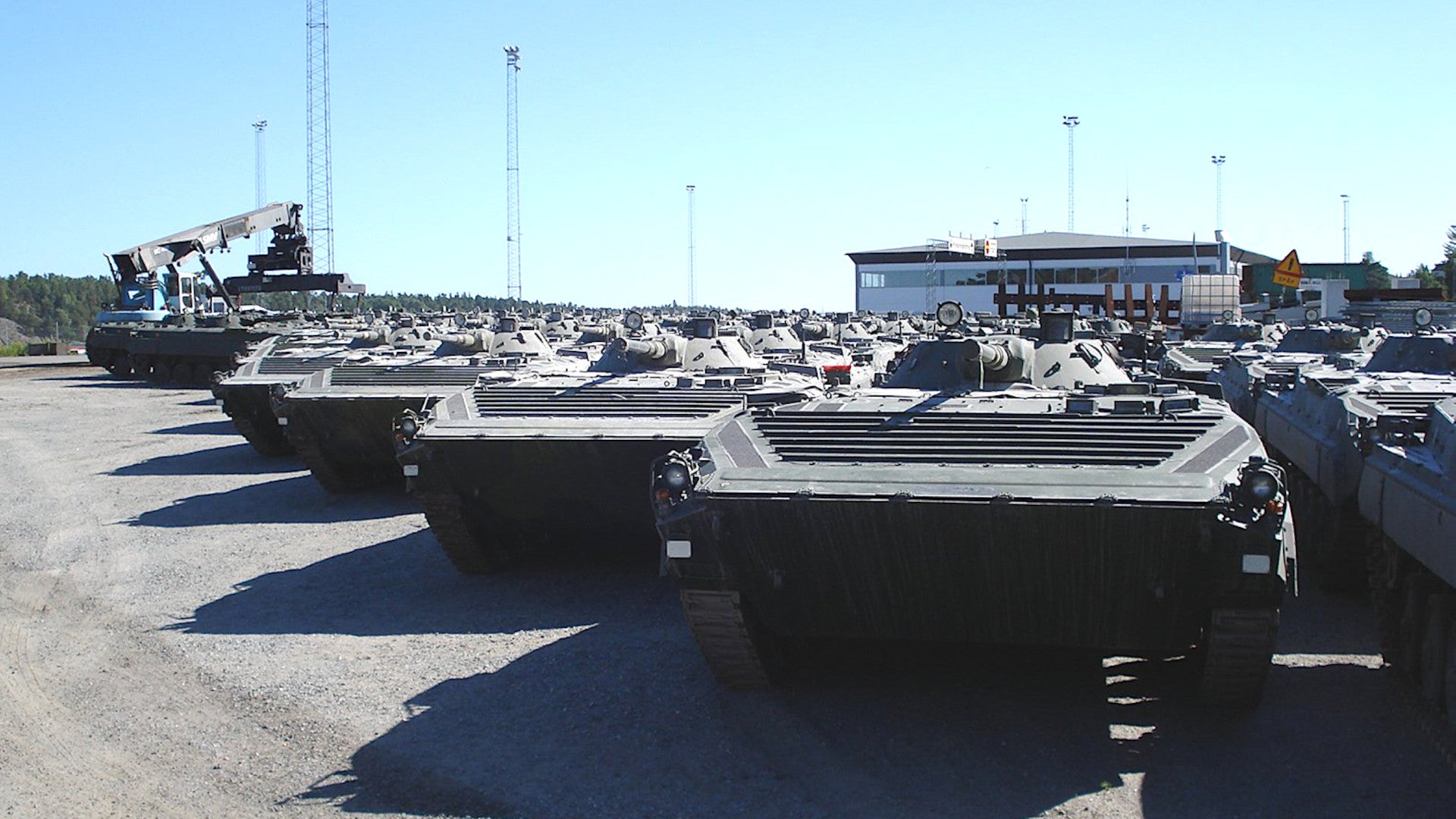Bueno, encontré alguien que amablemente tradujo parte de la entrevista y google hizo el resto. Dejo original y traducció con un poco de edición.
Remember this photo? A young woman is on it, and in this video, Marianna Vyshemirskaya, says:
“My name is Marianna, I lived in Donetsk, then in 2020 I got married and lived with my husband in Mariupol. When the war began, people thought that nothing would be so terrible and we will survive this. But when the scale began to grow, people began to panic, but it was already impossible to leave. People were not allowed out. My husband's friend's wife tried to leave, she exploded on a mine near Zaporozhye. On March 2, we were cut off water, electricity and on March 6 we decided that I needed to go to the maternity hospital, since I was pregnant and the birth was about to begin. We went to maternity hospital number 3 and they accepted me there. It was the most modern maternity hospital, but then the military came and said that we had to move out "because the military will come here, as there are solar panels. We were moved to the only remaining small maternity hospital. Husbands of women in labor and pregnant women settled in the basement and cooked food for us on the street. Residents of neighboring houses took out food for them. these didn't help at all. One day the military came and chose our food. They said they hadn't eaten anything for five days. On the 9th, we heard a shell explode, then another one. The glass fell and hurt my face. We were lowered into the basement, but after 15 minutes they began to take us out, since there were no more explosions. There was no air raid before or after. I was the last to leave and stopped to look around. Some man in military clothes took pictures of me. I asked him not to do it. My husband saw this man and said he was an Associated Press correspondent. The woman being carried on a stretcher was not me. It was another woman. She died. We were in the basement for a few minutes, but the correspondents were already there and took pictures of us. The next day they came again and asked to tell how it was. I told. They asked if there was an air raid? I said that there was no air raid, since no one heard it. Now, in a calm atmosphere, I looked at this information. There are a lot of things, but this interview of mine was not."
¿Recuerdas esta foto? Una mujer joven está en él, y en este video, Marianna Vyshemirskaya, dice:
“Mi nombre es Marianna, viví en Donetsk, luego en 2020 me casé y viví con mi esposo en Mariupol. Cuando comenzó la guerra, la gente pensó que nada sería tan terrible y que sobreviviríamos a esto. Pero cuando la escala comenzó a crecer, la gente comenzó a entrar en pánico, pero ya era imposible irse. A la gente no se le permitía salir. La esposa del amigo de mi esposo trató de irse, explotó en una mina cerca de Zaporozhye. El 2 de marzo nos cortaron el agua, la luz y el 6 de marzo decidimos que tenía que ir a la maternidad, ya que estaba embarazada y el parto estaba por comenzar. Fuimos a la maternidad número 3 y allí me aceptaron. Era la maternidad más moderna, pero luego llegaron los militares y dijeron que teníamos que mudarnos “porque aquí van a venir militares, como hay paneles solares. Nos trasladaron a la única maternidad pequeña que quedaba. Esposos de mujeres embarazadas y mujeres en trabajo de parto se instalaron en el sótano y nos cocinaron la comida en la calle. Los vecinos de las casas vecinas les sacaron comida. Eso no ayudó en nada. Un día llegaron los militares y eligieron nuestra comida. Dijeron que no tenían. No comí nada durante cinco días, el día 9 escuchamos explotar un proyectil, luego otro, cayó el vidrio y me lastimó la cara, nos bajaron al sótano, pero a los 15 minutos nos empezaron a sacar, ya que había no más explosiones. No hubo ataque aéreo antes ni después. Fui la última en salir y me detuve a mirar alrededor. Un hombre con ropa militar me tomó fotos. Le pedí que no lo hiciera. Mi esposo vio a este hombre y dijo él era un corresponsal de Associated Press. La mujer siendo llevada en una camilla no era yo. Era otra mujer. Ella murió. Estuvimos unos minutos en el sótano, pero los corresponsales ya estaban allí y nos tomaron fotos. Al día siguiente volvieron y pidieron que les dijera cómo estaba. Les conté. Preguntaron si hubo un ataque aéreo. Dije que no hubo ataque aéreo, ya que nadie lo escuchó. Ahora, en un ambiente tranquilo, miré esta información. Hay muchas cosas, pero esta entrevista mía no lo fue".




